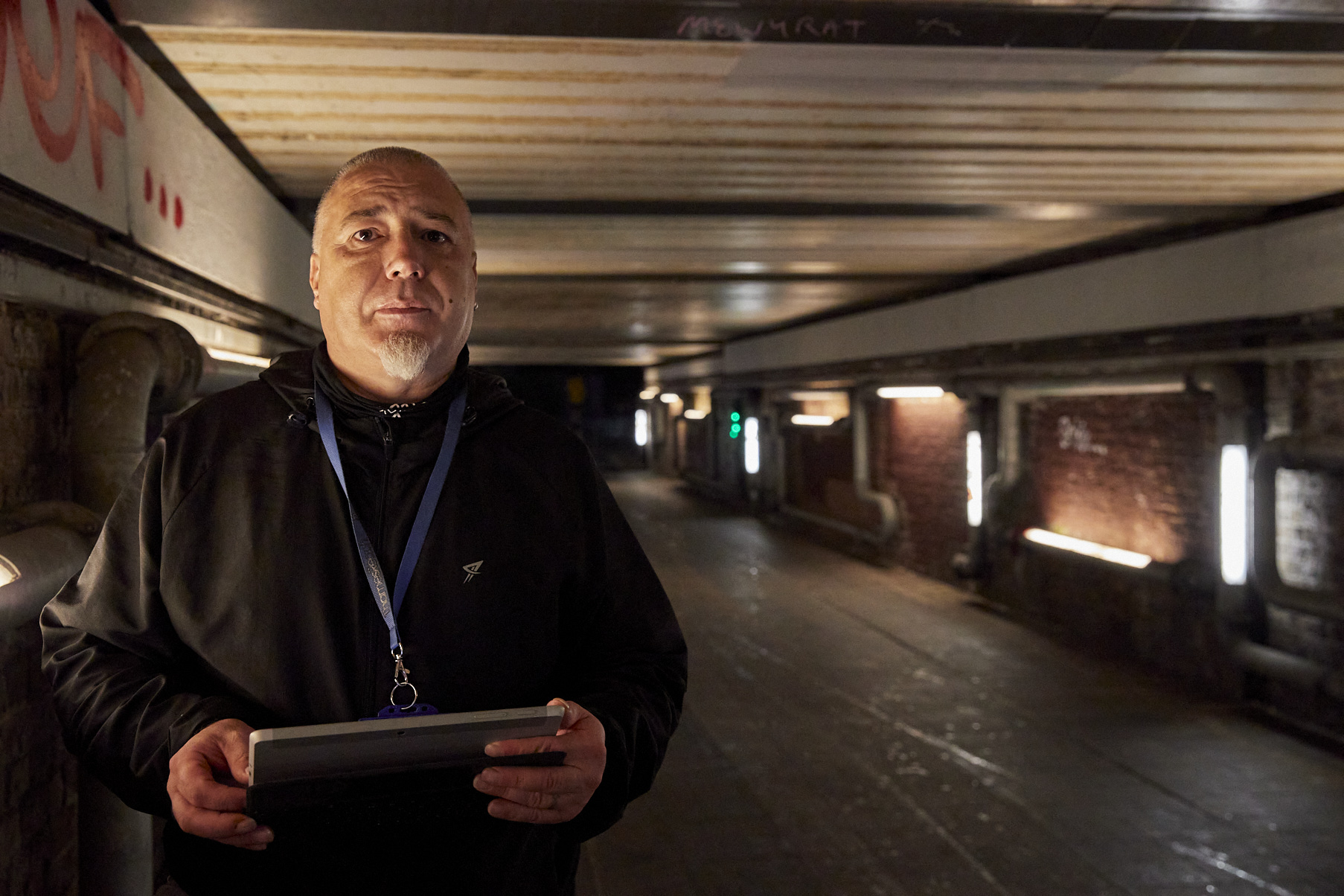Pioneering outreach: The legacy of London Street Rescue
Area Manager, Michael Murray, looks at the legacy of London Street Rescue and future provisions for street outreach in London

As a pioneering model of street outreach, the London Street Rescue (LSR) service will finish at the end of September, as the service has highlighted the demand for localised services to support people who are sleeping rough. Michael Murray, Area Manager, talks us through how the service worked, and discusses its legacy.
How London Street Rescue works
“London Street Rescue was commissioned by the Greater London Authority (GLA) to provide a pan-London outreach response, mainly to outer London boroughs, where there may be less resources available for people sleeping rough. Many of the areas we worked in didn’t have things like emergency accommodation, hostels, day centres and other key services, so staff had to be creative and often work independently, across multiple boroughs. Each of the five boroughs we now work in has one dedicated lead worker to ensure we can be more structured and efficient in our approach.
“We provide initial support by assessing someone for any local connection and needs, before doing everything needed to successfully end their rough sleeping, including: referring to suitable accommodation, obtaining ID documents to help them move on, supporting with welfare benefits, accessing health services and signposting for immigration support. As we are a response service to rough sleeping, we close a case once they have successfully moved off the street, and we ensure they have secured ongoing support elsewhere.”
How LSR have shaped the vision of ending rough sleeping
“Since the Rapid Response Outreach Team was commissioned, as part of a funding drive by central government to end rough sleeping by 2025, LSR have solely focussed on working with those living on the street. Many of the boroughs we used to work in were successful in receiving bids to fund their own outreach response, many of them now delivered by Thames Rreach oureach teams. ”
The future of outreach after LSR
“LSR has had a reputation as one of the leading outreach teams in London for many years and the service has seen many changes. I think the support available for rough sleeping in London has never been better and this is why we’re in a position where London no longer requires a service like LSR. There is still a lot of work to be done and the environment is ever-changing, which could bring new challenges. Most boroughs now have the resources to provide their own dedicated response. The four boroughs we support in South-East London decided to make a joint bid for an outreach team and were successful. The GLA are keen for there to be no gap in service provision after LSR formally ends, so it has been agreed that Thames Reach will deliver the new south-east outreach team, due to start on 1 October.
Bill Tidnam, Chief Executive at Thames Reach, also reflects on its legacy:
“The key legacy of of LSR is that it delivered outreach across London to boroughs that didn’t have their own outreach teams, and by doing so identified the demand that led to boroughs commissioning their own services and understanding the responsibility for rough sleeping, and providing solutions on a local level. Supported by central government funding, this has been a key part of the improvement in the response to people sleeping rough over the last three years.”
